
Beker - Wright – Paul – Narrative or Apocalyptic
This essay will discuss the basic framework of Paul’s thought and determine its coherent center. It argues that Paul’s thought is anchored in the apocalyptic world view and that the resurrection of Christ can only be understood in that setting. The interpretation of 1 Corinthians 15 will back that claim. The argument rejects those construals of Paul’s thought that suppress, delimit, or compromise its apocalyptic texture. In that context the interpretative bias against apocalyptic in the history of doctrine will be criticized, a bias that until recently has dominated the treatment of apocalyptic.
The coherent center of Paul’s gospel is constituted by the apocalyptic interpretation of the Christ-event. “Paul’s outlook is at bottom that of Jewish apocalyptic. While conceptions from other sources . . . have to be taken into account, they are superimposed on an apocalyptic groundwork.”
First I will discuss what apocalyptic is and how Paul is related to that movement.
The Apocalyptic World View
Philipp Vielhauer and Klaus Koch have outlined the basic components of apocalyptic as a movement of thought. For Vielhauer this includes:
1. The doctrine of the two ages with its radical dualism.
2. Pessimism and otherworldly hope, which expresses the fundamental thought of apocalyptic dualism, that is, the radical discontinuity between this age and the coming age.
3. Universalism and individualism, that is, the cosmic, universal scope of apocalyptic and its view of the person as no longer a member of a collective entity.
4. Determinism and imminent expectation of the kingdom of God, which involves God’s prefixed plan of history, calculations about the end of history, and its periodization (four, seven, or twelve periods).4
Koch gives a more comprehensive picture which differs in many ways from Vielhauer’s:
1. An urgent expectation of the impending overthrow of all earthly conditions in the immediate future.
2. The end appears as a vast cosmic catastrophe.
3. The time of this world is divided into segments.
4. The introduction of an army of angels and demons to explain the course of historical events and the happenings of the end time.
5. Beyond the catastrophe a new salvation arises, paradisal in character and destined for the faithful remnant.
6. The transition from disaster to final redemption takes place by means of an act issuing from the throne of God, which means the visibility on earth of the kingdom of God.
7. The frequent introduction of a mediator with royal functions.
8. “The catchword glory is used wherever the final state of affairs is set apart from the present and whenever a final amalgamation of the earthly and heavenly spheres is prophesied.”
J. Christiaan Beker - N. T. Wright – Paul – Narrative or Apocalyptic
Minneapolis: Fortress Press, 2023. – 178 p.
Print ISBN: 978-1-5064-8808-0
eBook ISBN: 978-1-5064-8809-7
J. Christiaan Beker - N. T. Wright – Paul – Contents
- Paul’s Apocalyptic Theology. J. Christiaan Beker
- Paul’s Narrative Hope. N. T. Wright
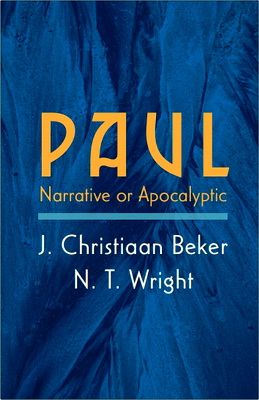
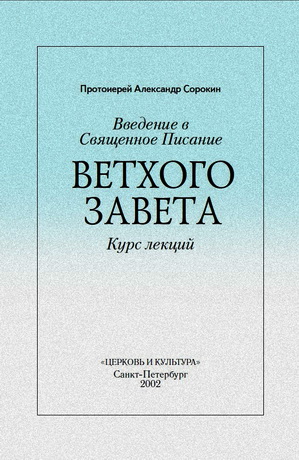
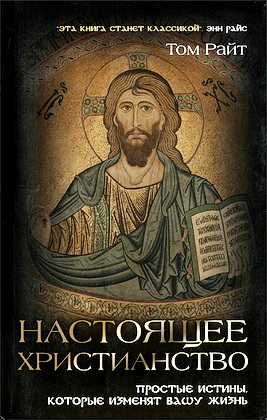
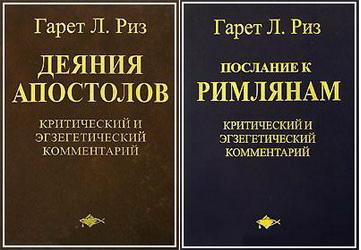
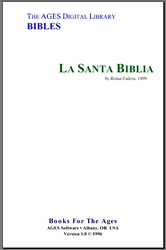
Комментарии (2 комментария)
Спасибо! Паулинистам в копилку...
Большое спасибо!